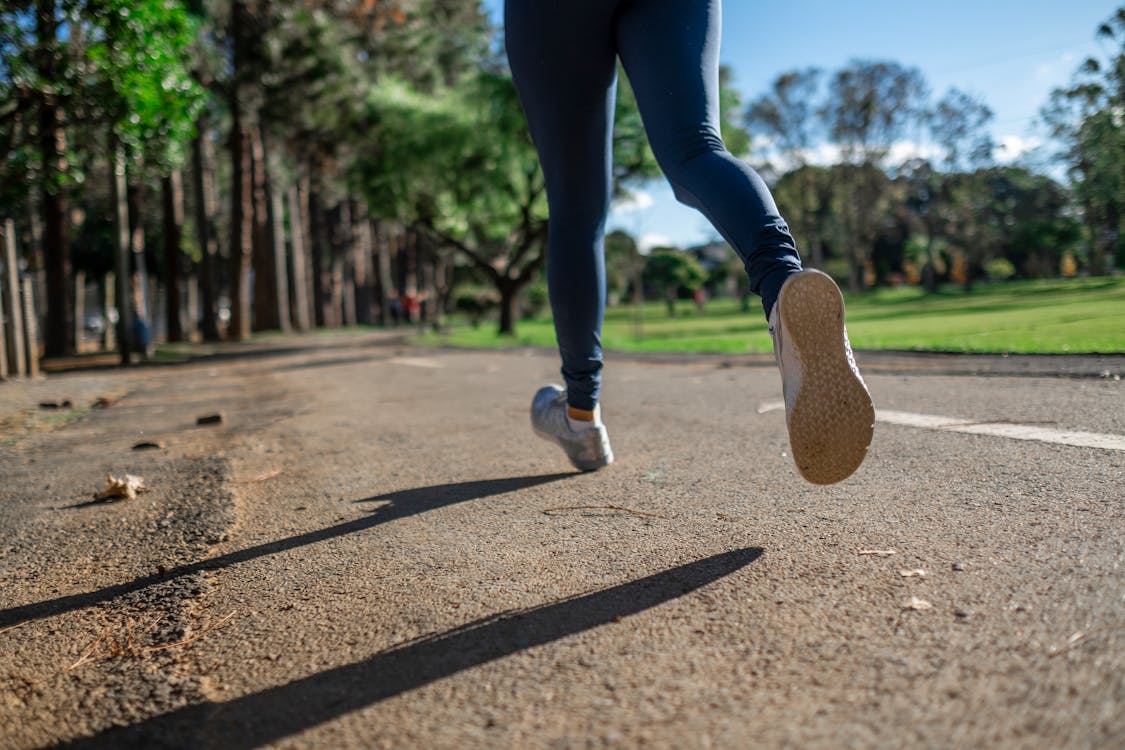Returning to Running Post-Covid |
March 22, 2021, Kitchener, Ontario
Posted by: Robert Deutschmann, Personal Injury Lawyer
 Recovery from COVID-19 is different for everyone. For most people at a certain point in their recovery, the doctors and healthcare practitioners will advise a return to exercise. For some people that means getting back to running. Running is taxing on the lungs and heart and depending on how ill you were getting back to running may be scary. A protracted illness and lingering symptoms can make even walking up the stairs seem like a challenge. You may need to be patient with yourself and work back up to running. Recovery from COVID-19 is different for everyone. For most people at a certain point in their recovery, the doctors and healthcare practitioners will advise a return to exercise. For some people that means getting back to running. Running is taxing on the lungs and heart and depending on how ill you were getting back to running may be scary. A protracted illness and lingering symptoms can make even walking up the stairs seem like a challenge. You may need to be patient with yourself and work back up to running.
Before you begin running again you should get the all-clear from your doctor.
Even if you had a mild case of COVID you should understand that your body was impacted in ways you may not expect. Some athletes with normally low heart rates have found their heart rates are fluctuating wildly on return to exercise. Others are notice shortness of breath after even brief exertion. Some physicians suggest no strenuous exercise including running for 10-14 days after their contagious window and certainly not until they are feeling better.
Another factor to consider is that some people who acquired COVID go on to develop a second wave of symptoms long after they think they are fully recovered. Not only is this disheartening it can be depressing. If you have developed a second round of symptoms it is best to err on the side of the caution and pull back on the exercise. Talk to your doctor and see what they advise for your situation. Long-haulers (those with symptoms that linger for months) will have to proceed with particular caution.
Once you have the all-clear from your health care practitioners to start running again you should be patient. If you were a regular runner before you got sick be realistic about your return to running. Your first run should be shorter (1.2 your usual distance), keep you close to home, and be an easy long run pace. Expect to:
· Run about half your mileage for the first few weeks.
· Once you have been back at it for a couple of weeks AND you feel ok you can begin to ramp up your mileage. Trainers are recommending the 50/30/20/10 rule for returning to activity and ramping up mileage/intensity. A gradual increase will allow your body to ease back into exercise.
· Monitor your heart rate closely for 3-4 months after your recovery.
· Mix up your exercise. Yoga, cycling, walking or the elliptical may help your body.
· Take time to rest and take days off.
· Listen to your body when it tells you to back off.
· If you are struggling with shortness of breath or heart rate stop exercising. If you are having chest pain, tightness in the back or chest, or feel like you may pass out you need to seek medical care immediately.
· Remember this isn’t the time to push through pain and discomfort.
Talk to your doctor about realistic recovery goals and alternatives to running. Setting yourself up for success is important.
|
Posted under Accident Benefit News, COVID
View All Posts |
About Deutschmann Law
Deutschmann Law serves South-Western Ontario with offices in Kitchener-Waterloo, Cambridge, Woodstock, Brantford, Stratford and Ayr. The law practice of Robert Deutschmann focuses almost exclusively in personal injury and disability insurance matters. For more information, please visit www.deutschmannlaw.com or call us at 1-519-742-7774.
It is important that you review your accident benefit file with one of our experienced personal injury / car accident lawyers to ensure that you obtain access to all your benefits which include, but are limited to, things like physiotherapy, income replacement benefits, vocational retraining and home modifications.
|
|
|

 Recovery from COVID-19 is different for everyone. For most people at a certain point in their recovery, the doctors and healthcare practitioners will advise a return to exercise. For some people that means getting back to running. Running is taxing on the lungs and heart and depending on how ill you were getting back to running may be scary. A protracted illness and lingering symptoms can make even walking up the stairs seem like a challenge. You may need to be patient with yourself and work back up to running.
Recovery from COVID-19 is different for everyone. For most people at a certain point in their recovery, the doctors and healthcare practitioners will advise a return to exercise. For some people that means getting back to running. Running is taxing on the lungs and heart and depending on how ill you were getting back to running may be scary. A protracted illness and lingering symptoms can make even walking up the stairs seem like a challenge. You may need to be patient with yourself and work back up to running.